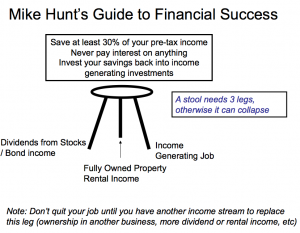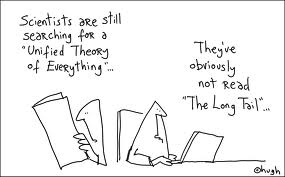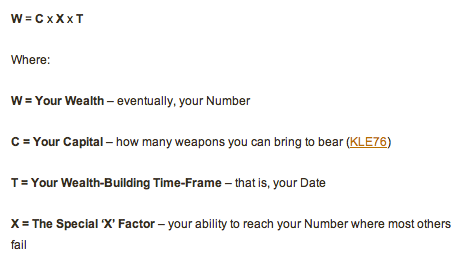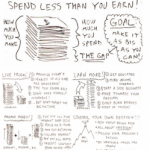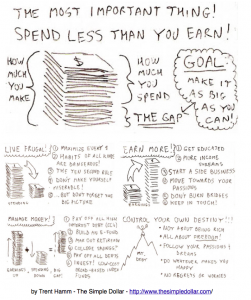This is a little different to all of those “this is what a millionaire thinks” posts, because Evan is in a support role (“my role is more brain storming and putting together documents and calculations….then I prepare materials for the planners’ second meeting and beyond”) at a financial planning office that specializes in sucking the blood out of – I mean assisting – high net-worth clients:
My role is more brain storming and putting together documents and calculations. So basically I see almost every balance sheet that may have significant net worth which goes through my office
Since I’m a sample of one, when it comes to high net-worth clients, it might be interesting to see what Evan sees:
The House is almost always Paid off
Prepaying your mortgage is always a hot topic on Personal Finance Blogs. Everyone once in a while one of the big players in the field will put a post and it will garner tons of comments. The comments are usually heated and go both ways about how the move is stupid and then invariably someone will say, its a great move. Regardless of how you feel, most of the high net worth clients’ balance sheet that I see will have either a paid off house, or one with a very low debt to equity ratio.
They Almost Always Own a Business
Almost every high net worth client’s balance sheet has a business on it. The types of businesses range from the mundane, lawyer who owns their practice, to beyond what I could have imagined as a viable business.
They Almost Always have Investment/Financial Advisors
Almost every single high net worth client/prospect is not hands on when it comes to their own investments. Some are more active than others when it comes to asset allocation, but for the most part unless they are in the money business (fund managers, hedge fund execs, etc.) they just don’t deal with it.
Since Evan is coming from a position of observation of his sample size of many, I will observe from my position of a sample size of one:
– I found it valuable to have a business; indeed, it’s the ultimate driver of my financial success; even before selling the business I could use the spare cashflows (after attending to the business’ own growth needs) to fund a substantial real-estate and investment portfolio.
– I own a house, and almost always have … now that I am wealthy, I carry no debt on these houses, but started reducing my debt almost in proportion to the increase in my wealth. It’s not a strategy, just a happenstance. But, I will not hesitate to use some (perhaps, up to 50%) of that equity, if required to fund an investment.
– I certainly use an investment advisor – in fact, multiple; but (here is where my experience diverges from Evan’s observations) Evan says: “Almost every single high net worth client/prospect is not hands on when it comes to their own investments.”, yet the opposite is true for me. Could this be observation bias for either Evan (he does work for a financial planning/advisory firm, right?) and/or for me?
I would never hand the keys over to my Future Fortune [AJC: How do you make $1,000,000? Give an ‘investment advisor’ $10 million … and, wait!] to somebody who has not already made their’s … if so, why do they need me?
Thanks for sharing, Evan!



